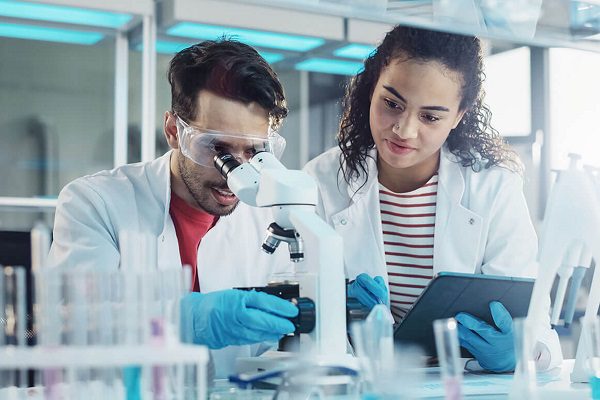Uncategorized
What Can You Do with a Chemistry Degree?
What do you learn in a chemistry major? Chemistry majors gain a foundational understanding of biology, chemistry, physics and calculus. If you’re not fond of lab work you may want to choose a different degree, as chemistry students spend a lot of time participating in hands-on laboratory research and experiments. In an undergraduate chemistry program,…
Read MoreBenefits of a College Internship: Advantages To Look Forward To
While many undergraduate college programs encourage students to pursue internship opportunities, it usually isn’t a requirement for graduation. Whether unpaid, part-time or full-time, internships provide a professional experience for students early in their career, exposing them to growth opportunities, real world problems – and solutions. To support your college plans, we’ve gathered seven advantages of…
Read MoreMechanical vs. Electrical Engineering
Mechanical Engineering vs. Electrical Engineering: Breaking Down the Differences Take a second to think about how many devices and machines you’ve used so far today. Maybe you hopped in the car to grab some coffee and work remotely from your favorite café. Or perhaps you spent too long scrolling on your phone in bed, so…
Read MoreScience-Related Careers
It should come as no surprise that science – the pursuit of knowing and understanding the natural and social world – is an enormous field that contains many disciplines and professions. You’ve got no shortage of science-related careers to choose from, including science jobs that don’t require a Ph.D. or master’s degree. (Although, there are…
Read More



